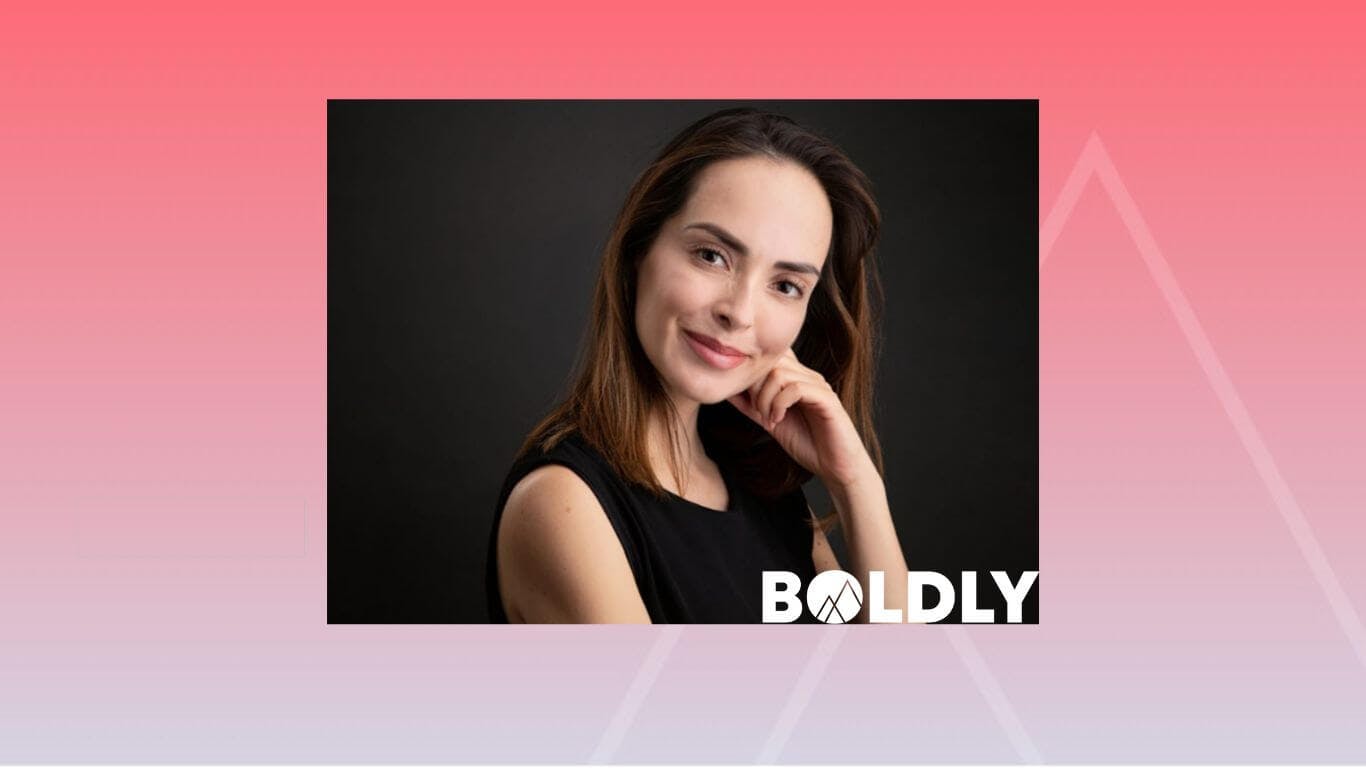Using Retreats to Propel Career Success
Posted by Sam Han Lai
Do you feel like you are always in a rush to close off your end of year or end of quarter?
It seems like by the end of the year, everyone is clearing their annual leave, traveling, and rushing to finish their work so they can enjoy the holiday season. After the rushing comes the slowing down and before you know it, the new year has started, and the cycle begins again. What if you were more mindful and put time aside for an annual retreat during the month of December? In fact, what if you make it a regular habit and do this every year/quarter/month? And during important transitions in your life? How would this impact your career in the longer term?
You may think: A retreat? Isn’t that for people seeking spiritual growth or a quiet rest or perhaps a corporate retreat? How is a retreat going to help with my career success?
A retreat, by definition, is time that is intentionally scheduled for the purpose of rest, reflection, and recalibration. It is a time you put aside to think. High quality thinking will result in high quality ideas, which result in high quality actions and thus, career and personal outcomes.
Have you observed animals when they are about to jump on prey or high performing athletes when they start a race? There is a moment of pause before they leap forward with power and purpose. A retreat is like this moment of pause for your career. This pause is where you reflect on the past year/quarter/month on what worked well, what could use a bit of adjustment and to celebrate your career successes!
It is a quiet time of planning for the next period of career growth, reviewing your long-term goals and allowing for the ideation of new thinking and direction. A retreat can also be very helpful during a career transition especially before the start of a new role or project. This career pause can help you reset some goals, redirect energies, and make some changes to your habits towards more success.
How do you set yourself up for a meaningful career retreat?
Prepare your resources
A simple journal, writing/drawing materials and a list of journal questions (easily found on the internet) can help kick start your thinking process. I find picture or question cards to also be helpful in triggering my thinking and ideation. Bring them with you for the career retreat as facilitation aids.
Find a suitable place
I find a place near nature, food and drinks, and space for walks, which is important for me to settle into a reflective mood. Find what works for you – perhaps it is a quiet room, or a favorite café or perhaps a nook near the sea. You don’t have to stay there the whole time, just long enough for you to be able to think without interruptions. Anything like nature, essential oils, music, or your favorite coffee, is very welcomed. You make the rules around what you want.
Remove all distractions
This means disconnecting your phone or laptop so that you can truly be alone with your thoughts and focus. Books are welcome if they are relevant to what you want to work on or help you to come into your personal thinking zone. Messages, calls, or emails may disrupt your thought process and distract you from the task at hand: getting insights into your career path and satisfaction!
Set the agenda
What would you focus on? Choose 2-3 important career decisions to work on. This will help you focus and not be distracted by too many things on your plate. Make sure that after your thinking period you have food that nourishes your body and spirit. You can also schedule activities that you can participate in like an art jam, a run or a movie that you can do by yourself. This gives you time to administer self-care and do things that lift your spirits and health.
Make high level career goals
From your reflection, you may want to rush into putting together a to-do list. Whatever comes to mind, put it on paper so you don’t lose the ideas. However, it would be better to come back to just 2-3 big goals as your north star for the career period of your choosing: be it year, quarter, or month. Don’t try to do too much, or you may feel overwhelmed.
Starting your first career retreat is also a learning process about yourself. Over time, learn what works for you. Perhaps, solitude is something you don’t have much experience within your life. However, this intentional period of silence and thinking can help you to work out what you really want for your career, and even how to get it. If you make full use of these quiet times, you will return to your life with more clarity, focus and purpose.
If you're interested in learning more about how BOLDLY can help your organisation, we invite you to explore our or write to us at here.





